


Autoilija! Olet riski talviliikenteessä, jos jätät tämän asian tekemättä – "Kenelläkään ei ole kivaa"
Lumisateiden yllättäessä autoilijoiden olisi todella tärkeää puhdistaa autonsa lumesta ennen liikkeelle lähtöä.

Harvian saunabisnes kävi kuumana
Saunamarkkinan kysyntä säilyi vahvana huolimatta poikkeuksellisesta epävarmuudesta markkinaolosuhteissa ja kauppapolitiikassa.
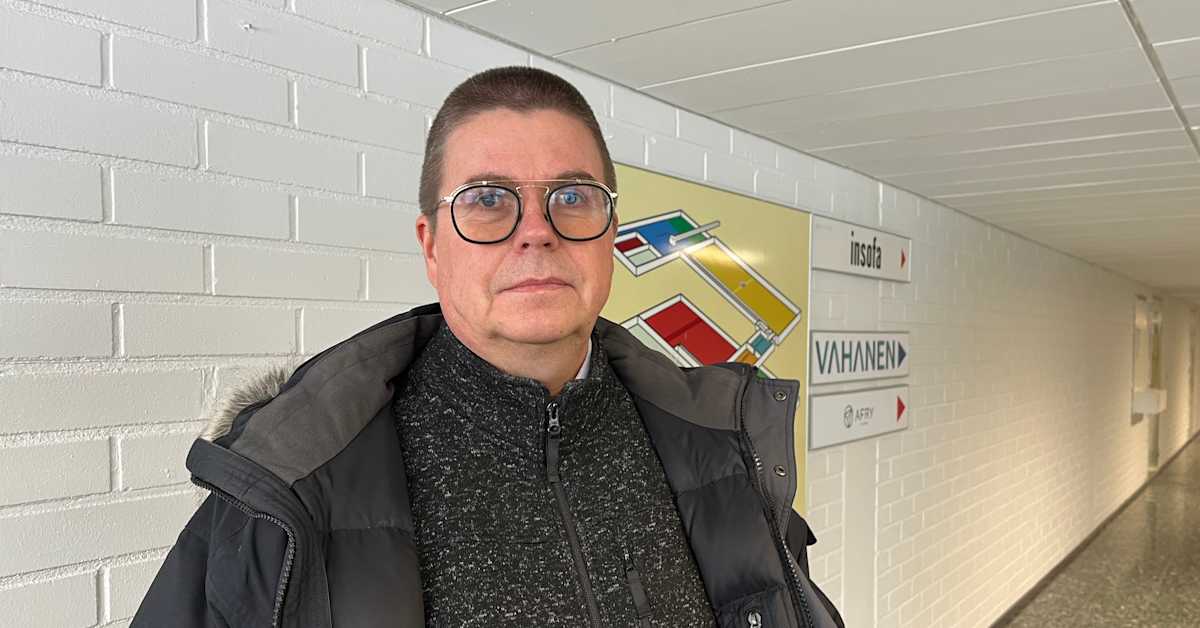
Askon tehtaalta tavoitettu konkurssipesän edustaja: Indoor Groupin työntekijät saavat palkkansa
Konkurssipesän hallinnossa työskentelevä asianajaja vieraili torstaiaamuna Insofan sohvatehtaalla Lahdessa. Pesänhoitajaa on ollut vaikea tavoittaa.
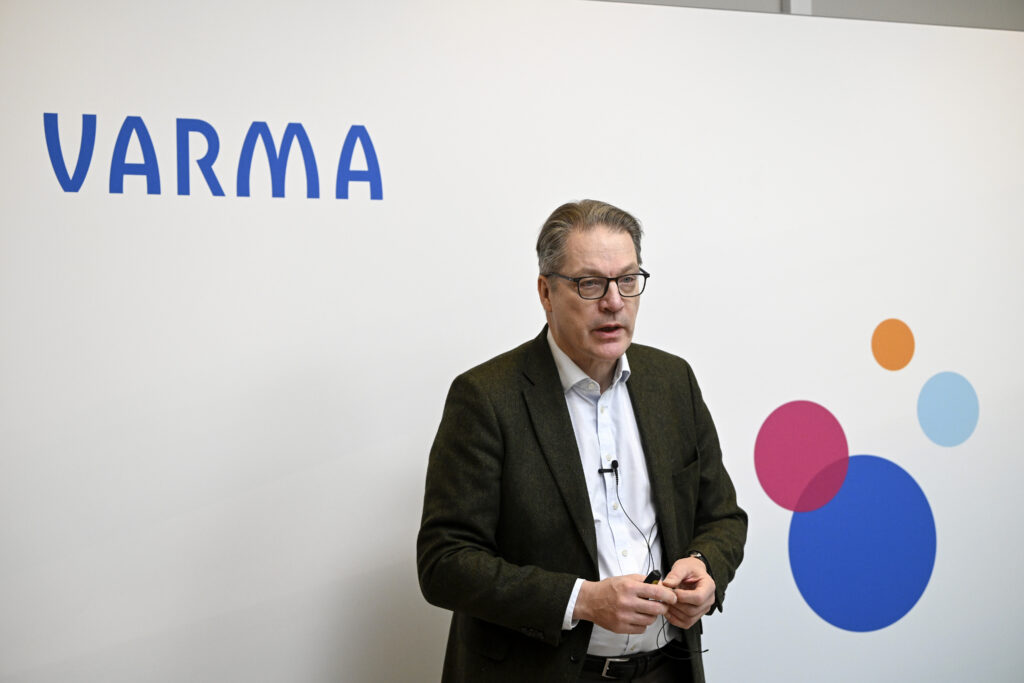
Varman toimitusjohtaja vierastaa keskustelua eläkeleikkauksista –"Hyvin lyhytkatseista"
Varma sai sijoituksille hyvän tuoton viime vuonna, vaikka maailma oli levoton.
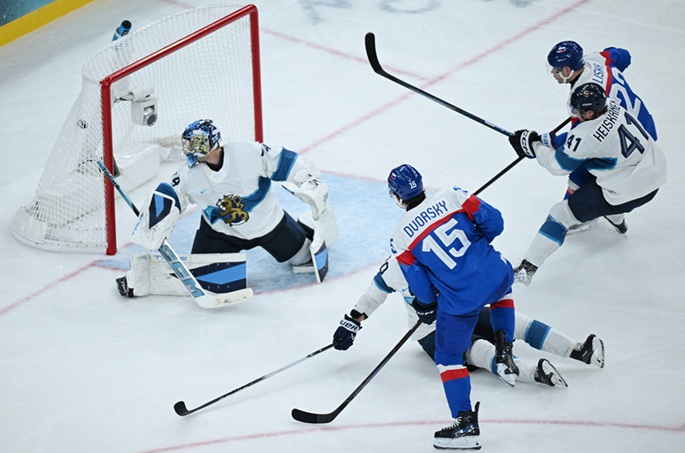
Slovakia shock defending champion Finland in ice hockey
The men's ice hockey competition of the Milan-Cortina 2026 Olympic Winter Games produced dramatic results on Wednesday, as Slovakia stunned titleholder Finland 4-1 and Sweden opened its campaign with a 5-2 win against host nation Italy, reported Xinhua. Juraj Slafkovsky, Most Valuable Player of the 2022 Olympic tournament, spearheaded the Slovak offense by finding the net twice, including the men's competition's opening goal, guiding his side to a comfortable victory in Group B. Slafkovsky's two goals brought his Olympic scoring tally to nine in eight games. Despite being outshot by Finland 40-25, Slovakia's defensive line stood firm, denying multiple Finnish attempts. Finland, which enjoyed territorial and shot advantages early on, managed to level the score in the second period through Eeli Tolvanen but could not overcome Slovak resilience. After Slafkovsky's second goal of the game, Slovakia added further insurance late and sealed the win with an empty-net goal. Slovakia's victory marked its first Olympic win over Finland. Both teams are scheduled to play on Friday, with Finland facing Nordic rival Sweden and Slovakia meeting Italy. In the later matchup, Sweden overcame spirited resistance from Italy to secure a 5-2 win. Despite Italy's initial advantage and spirited play, including goals from Luca Frigo and Matt Bradley, Sweden's depth and experience prevailed as it pulled clear in the second and third periods.
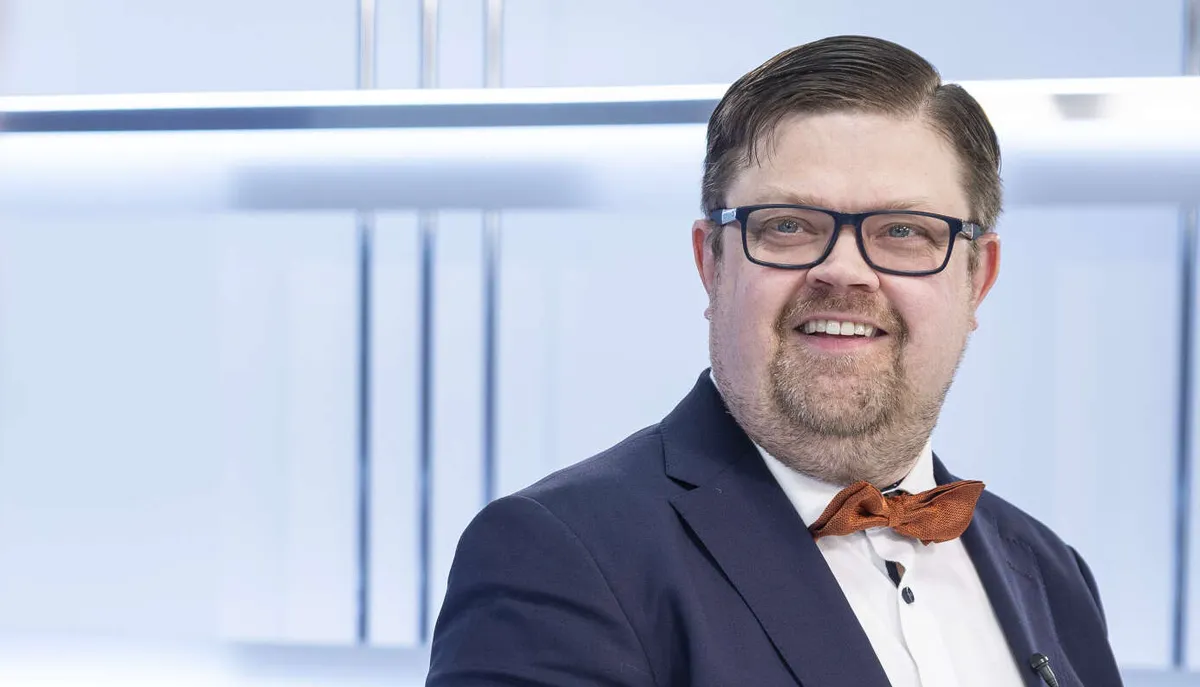
Tulosjulkistajalle ylistystä – ”Erittäin hyvä sijoituskohde”
”Jos Verkkokaupan liikevaihto kasvaa 20 prosenttia vuodentakaisesta, niin kyllä se jostain kertoo”, sanoo salkunhoitaja Jyrki Nyberg.

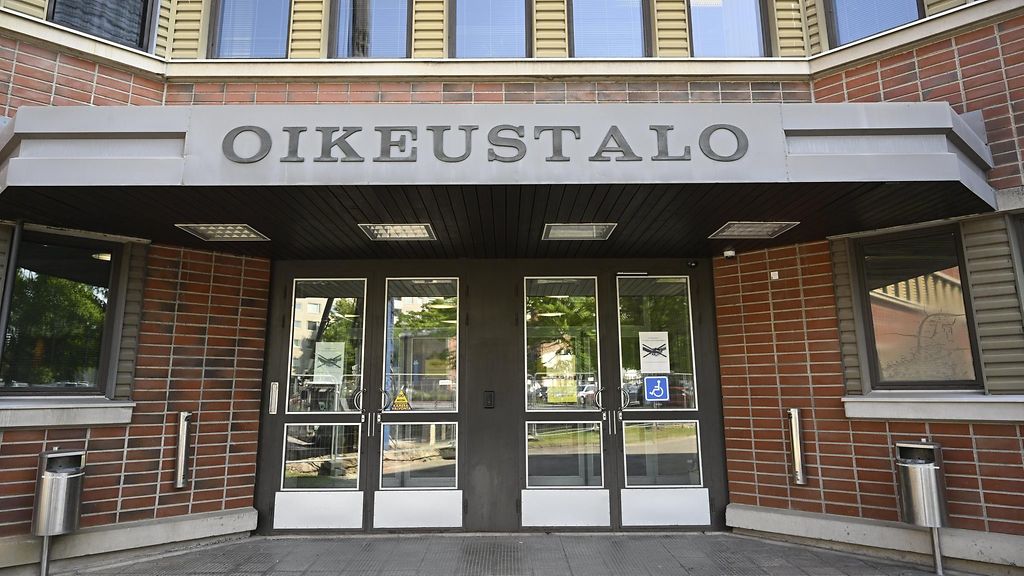
17-vuotiaalle pojalle vankeutta tapon yrityksestä Raumalla
17-vuotias löi tuntematonta miestä puukolla vatsaan Raumalla.

Käynnissä olleita autoja varastettu – älä jätä autoa vartioimatta
Itä-Uudenmaan poliisi kertoo, että autoja on viety niin päiväkotien pihoilta kuin työmailta.
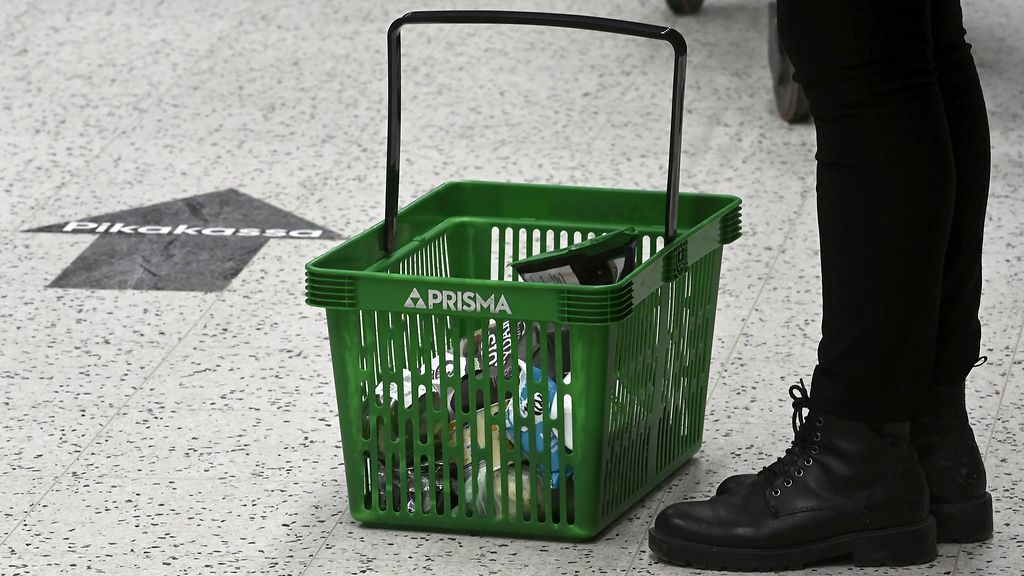
S-ryhmä maksoi ennätysbonukset viime vuonna
SOK:n pääjohtajan mukaan talouden käänne näyttäisi tapahtuneen.



EU antaa tälle Kiinassa valmistetulle autolle vapautuksen tuontitulleista
Euroopan unioni on myöntänyt Volkswagenin Kiinassa valmistamalle Cupra Tavascanille vapautuksen tuontitulleista.

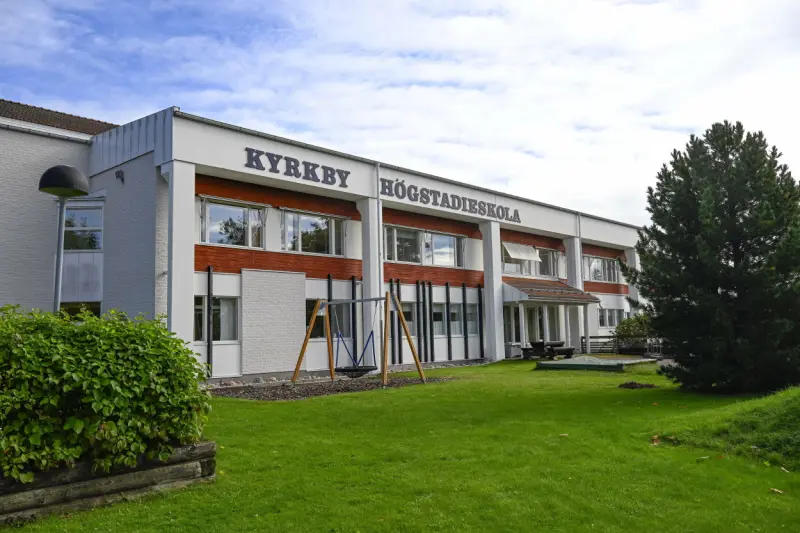
Elva grader kallt när värmesystem krånglade i KHS
Det har tidvis varit kallt i delar av Kyrkby högstadieskola under de senaste veckorna.– Förra veckan var det kritiskt när vi hade problem med den nya värmeanläggningen, säger utbildningschef Mathias Eriksson.